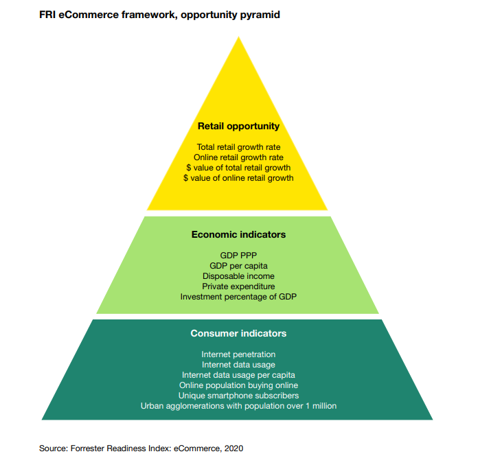
Dive Brief:
-
Walmart and Sam’s Club on Wednesday said they are granting rent relief to many of the more than 10,000 smaller businesses operating within their stores, which include hair and nail salons, optometrists, food franchises, veterinary clinics, and local and regional banks.
-
The company is “waiving rent for all Walmart property partners for the month of April, as well as for the hundreds of eye doctors who operate at Sam’s Clubs,” according to a joint corporate blog post from Walmart U.S. CEO John Furner and Sam’s Club CEO Kath McLay.
-
Similarly, the company, working with national banks, is speeding up payments to some suppliers through its supply chain financing system and making it easier for vendors to apply to that program. More than two-thirds of its 18,000 suppliers are small- and medium-sized businesses, the company said.
Dive Insight:
This is no doubt welcome news for the many businesses operating within the four walls of Walmart and Sam’s Club stores. But the retailers are helping themselves, too, because they need those operations to stick around.
The food concessions and small businesses, like the veterinary and pet supply shops that Walmart began inviting in just last year, plus other services like those for the under-banked, represent a network of enticements to get customers through the door.
In addition to the rent relief and expedited supplier payments, Walmart said it’s encouraging any laid-off employees of its small-business partners to apply for the 150,000 temporary jobs recently announced to support its stores, clubs, distribution and fulfillment centers during the COVID-19 pandemic.
Like Target and many grocers selling food and other essentials, Walmart is keeping doors open even as the outbreak spreads. That is boosting store comps and revenue, but is destined to hit profits, both because consumers are spending on lower-margin goods and because the retailers are providing workers with added pay, according to emailed comments Wednesday from Instinet analyst Michael Baker.
“In general, we believe much of the potential flow through from stronger sales is being given back by the retailers to workers through bonuses,” Baker said. “While this may mean less [earnings per share] upside, we think it makes sense for the longer term success of these retailers.”

